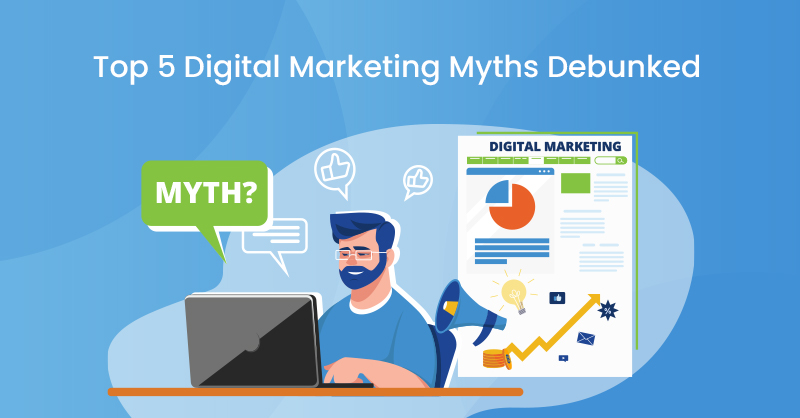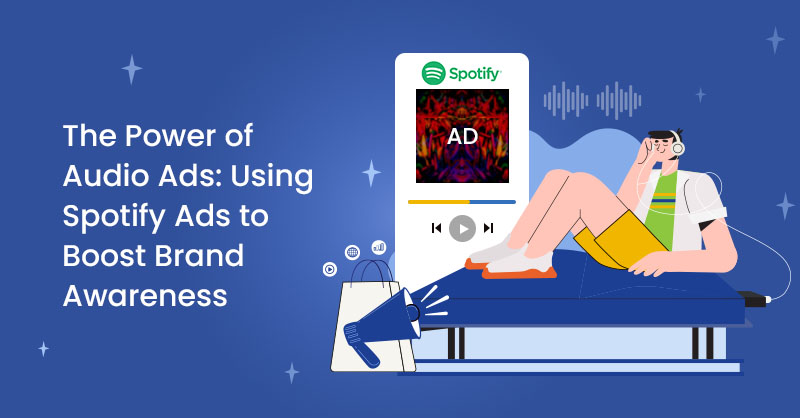For business owners, both big and small, it’s daunting to step your toes into the world of digital marketing. The industry is both complex and overflowing with information and advice, so much so that it’s a real challenge to navigate through outdated information, misinformation, and valuable insights.
In this article, we will explore some common digital marketing myths that every business owner should know before they invest in SEO.
Key Takeaways
- Webmasters in the medical niche can face legal action if their content violates Health Canada or FDA guidelines.
- Meta descriptions are no longer a ranking factor.
- GBP titles and GBP review responses no longer influence keyword position rankings to increase.
Myths About Digital Marketing
TechWyse defines digital marketing myths as facts/information that was once commonly believed to be true. Digital marketing myths could have once been rooted in truth; however, due to the hasty speed at which search engines and digital tools evolve and update, facts and tips transition into outdated myths.
Continuing to follow and utilize outdated and incorrect digital marketing myths can be dangerous for business owners. Following myths can result in a loss in marketing ROI, wasted time and resources, and potentially even legal troubles. Below are five different myths that any business owner should be mindful of when planning their digital marketing campaigns:
Myth #1 - Metadata Influences Position Rankings to Increase
While historically, meta descriptions and title tags did make an impact on position rankings, Meta descriptions no longer are a ranking factor. John Mueller confirmed this in a 2020 tweet, specifically mentioning that “They’re not used for a ranking factor”.
 Source: Twitter
Source: Twitter
Even though meta descriptions are no longer a ranking factor that can influence keyword position rankings to increase on search engine results pages (SERPs), Meta descriptions still have a big impact on SEO, specifically for optimizing a webpage’s click-through rate (CTR).
Furthermore, if your web pages lack meta descriptions, your website’s site health will decrease, which can make ranking for keywords more challenging.
Myth #2 - Editing Your GBP Title Influences Position Rankings
Before the pandemic, Google Business Pages (Formerly GMB) had a much bigger impact on keyword position rankings. In fact, editing your GBP title to include a target keyword would help influence position rankings to increase dramatically.
Google has since made it clear that your GBP title can only include your brand name. Google also encourages people to edit other GBP titles that violate this rule. Anyone can “suggest an edit” and change your GBP title to your brand name and remove any other keywords from your title, regardless of permission granted.
Today, Google’s search relations team has made changes to the algorithm, which completely removed GBP titles as a ranking factor.
Myth #3 - Responding to GBP Reviews
Although responding to GBP reviews shows your customers that you care about their experience, responding to GBP reviews with keyword-rich responses does not influence position rankings to increase.
Pre-pandemic, this was a ranking factor, along with including a target keyword within a GBP title. Google has continued to prune low-hanging fruit optimizations as ranking factors. With each algorithm update, Google continues to decrease the impact of effortless optimizations, with the goal of only making optimizations that improve users’ search experience as a ranking factor.
Myth #4 - Content Marketing is One Size Fits All
Ranking on the first page of Google for a target keyword is no easy task. It takes a significant amount of insight and experience to consistently write well-structured, user-friendly, SEO-driven content that differentiates itself from competitors.
Gone are the days when anyone with access to a CMS could write whatever they wanted, and the content produced results in ranking on the first page of Google. Google has a set expectation of what kind of content should appear on SERPs for search queries based on user behaviour, how effective a webpage is at answering a search query, and existing high-quality content.
Ensure you’re writing high-quality content by following accredited influencers such as Matt Diggity or Niel Patel, who both produce case studies on creating content and monitoring their content strategy’s performance. If you want your content handled by industry professionals with an existing track record of producing high-quality content that ranks on the first page of SERPs, get in touch with TechWyse!
 Source: Shutterstock
Source: Shutterstock
Myth #5 - All Websites are Held to the Same Standard of Scrutiny
Arguably, the most important myth that all webmasters should be aware of is that Google doesn’t hold each website to the same standard of scrutiny. This is purely case by case, depending on the industry niche that your website operates within.
Any website that can compromise a user’s money, health, or happiness is far more scrutinized by Google. To ensure that webmasters are presenting information that doesn’t jeopardize a user’s well-being, Google has implemented a signal called Your Money Your Life (YMYL).
YMYL signals are generated through externally linking citations on webpage content towards authority leaders’ websites that back up the claim your content is making. Furthermore, creating author pages for your organization’s associates that detail their experience, expertise, and accreditations can generate YMYL signals.
There are more optimizations a webmaster can make to generate YMYL signals, but it’s important to know that without YMYL signals, content that can compromise a user’s money, health, or happiness can potentially be in-indexed by Google.
Medical websites are held to the highest calibre of scrutiny due to Health Canada and the FDA’s rules and regulations on advertising. According to Health Canada, you cannot make an appeal to a medical device or pharmaceutical’s efficacy or effectiveness at treating diseases, conditions, and symptoms. You can only write about a medical device or pharmaceutical’s name, price, and quantity. Transgressing Health Canada’s guidelines can result in your brand being sued by Health Canada.
The FDA also has rules outlining what webmasters can and can’t say regarding pharmaceuticals and medical devices that are cleared and approved, only cleared, and not cleared by the FDA. Any violation can result in a lawsuit too. It’s a best practice to research what advertising laws your brand or industry niche has to obey before creating content on your website.
Conclusion
Optimizing your website for SEO has never been harder than ever before due to Google’s consistent algorithm updates. Webmasters must keep up to date with the changes Google makes to ranking factors so that they can steer their SEO campaign in the right direction. Algorithm proofing your website helps ensure that future algorithm updates will positively impact your website instead of eviscerating your organic performance.
If you’re interested in having industry professionals take care of your SEO campaign, contact TechWyse, and we can get you started on the path to digital success today!






